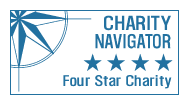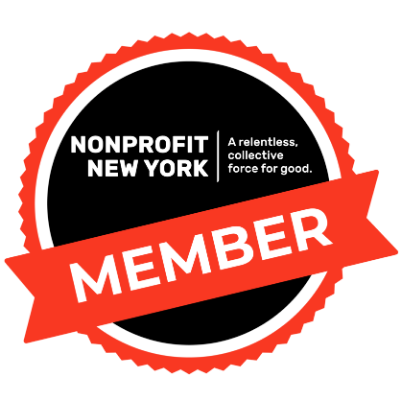Commission to Close Rikers Island – Lead by the Freedom Agenda, through their working groups. Freedom Agenda is a member-led project, dedicated to organizing people and communities directly impacted by incarceration to achieve decarceration and system transformation.
Communities United for Police Reform – Communities United for Police Reform (CPR) is an unprecedented campaign to end discriminatory policing practices in New York, bringing together a movement of community members, lawyers, researchers and activists to work for change. The partners in this campaign come from all 5 boroughs, from all walks of life and represent many of those most unfairly targeted by the NYPD. This groundbreaking campaign is fighting for reforms that will promote community safety while ensuring that the NYPD protects and serves all New Yorkers. We are a movement that is here to stay – a campaign that will be a visible, lasting presence on the streets of neighborhoods citywide. We will be in communities and on the streets, educating people about their rights; and in the courts and on the steps of City Hall and the state capitol, demanding change to the NYPD — until these policies end.
Disband The NYPD’s Strategic Response Group – Advocates urge the City Council Speaker and Committee on Public Safety to hold the NYPD’s Strategic Response Group accountable for its abuse of protesters by holding an oversight hearing and disbanding the unit.
Gangs Coalition – The Coalition’s goal is to dismantle systems that increase surveillance, and/or police contact, or enhance punishment based on law enforcement profiling of Black, Latinx and immigrant communities as gang or crew members. Central to eliminating the use of these tools is the redirecting of resources away from the police department and prosecutors and towards harm-reducing, community-based programs that are proven to make neighborhoods safer.
End Qualified Immunity – The judicial doctrine created by the Supreme Court more than 50 years ago, shields state actors from civil liability for their misconduct, and gives them a pass to violate our rights. This harms all of us, but particularly Black and brown New Yorkers. In response to the calls for justice and a need for reforms in policing the “George Floyd in Policing Act” was introduced in the Federal legislature, however negotiations failed and the bill stalled in the Senate. It is widely understood by national, state and local organizations that any changes to qualified immunity must now come from legislators at the state level. States like Colorado and New Mexico have already taken action to protect the civil rights of their residents and now New York must do the same. The state legislature has the opportunity to address this and must do so given the broad support across the political spectrum.
#LessIsMoreNY Campaign – Less is More: Community Supervision Revocation Reform Act (S.1144A – Benjamin / A.5576A – Forrest) Developed by people on parole, people currently incarcerated, family members, Katal, Unchained, Justice Lab at Columbia, A More Just NYC, Legal Aid, and more, the bill is sponsored by NY State Sen. Brian Benjamin (S.1144A) and Assm. Phara Forrest (A.5576A). New York imprisons more people for non-criminal “technical” violations of parole like missing an appointment with a parole officer, being late for curfew, or testing positive for alcohol and other drugs than any state in the country.
Youth Justice and Opportunities Act – The current law allows judges to grant Youthful Offender (‘YO”) status, which seals cases so they will not appear on a background check. YO status allows judges to sentence young people to age appropriate, non-jail sentences including treatment. However, the current law is limited in three critical ways:
- Protections end on a young person’s 19th birthday.
- The current law does not reflect the scientific consensus that young people’s decision making abilities continue to develop into their mid-20s.
- Judges lack discretion to grant YO status in some cases, even when it would benefit the young person and the community.
The Youth Justice and Opportunities Act would:
- Create a new “Young Adult” (YA) status to protect young people ages 19-25.
- Expand the categories of cases where YO treatment is mandatory rather than discretionary.
- Expand judicial discretion to grant YO, including the option to grant YO more than once. Create opportunities for judges to sentence young people to treatment as an alternative to incarceration.
- Allow judges to waive fees and surcharges for all young people up to ages 18-25.
- Allow young people with a criminal record to petition the court to be “re-sentenced” and granted YO or YA status retroactively.

 Red Hook Initiative
Red Hook Initiative


